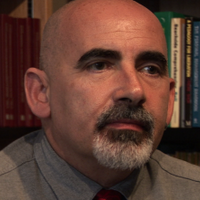
Thomas Martell
@martell_tom
education and evidence
ID: 724185049252409344
24-04-2016 10:35:45
3,3K Tweet
1,1K Takipçi
643 Takip Edilen







Just a reminder that Latin is a great language option for primary schools. It helps deepen knowledge of English and provides a solid grounding for many modern languages at secondary... (Classics for All are brilliant at providing training and support too)



Mr Leyshon Matthew Ryder Because of the control groups involved, a sensible interpretation of the reciprocal reading research is that getting kids to actively engage with text in a small-group provides benefits to comprehension compared to not doing that. >>

Adam Boxer As I keep pointing out, even if teacher-produced curricula are better (which they usually aren't) what matters is whether the time spent producing those materials could have been spent in a way with greater benefits for learners.








Carefully and powerfully argued perspective from Dylan Wiliam. Love how it dissolves the ‘sides’ that readily dominate much education debate. Well worth a read.

An impressive piece of work by Lucy Crehan. I particularly like how Lucy highlights the importance of issues like specificity in curriculum frameworks. It’s easy to think that less specificity is somehow preferable: allows for flexibility, teacher autonomy etc 1/4



